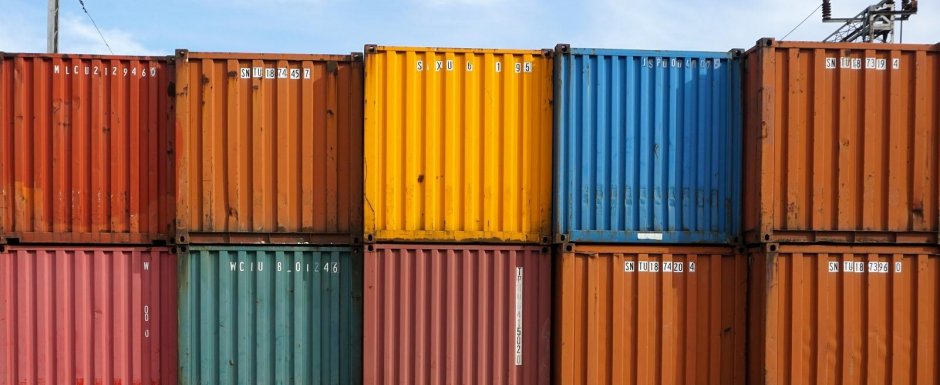EU-Japan Economic Partnership Agreement enters into force on February 1, 2019

In 2013, the EU and Japan launched negotiations on enhanced economic and strategic cooperation. These negotiations resulted in an Economic Partnership Agreement (EPA) and a Strategic Partnership Agreement (SPA), both signed at the EU-Japan Summit on July 17, 2018.
In November and December 2018, the EPA was adopted by both houses of the Japanese Parliament (Japan’s National Diet) and the European Parliament and will enter into force on February 1, 2019. Although the entry into force of the SPA still requires the approval of the EU Member States, much of this Agreement was already provisionally in place at the beginning of 2019.
The goal of the EPA is to liberalize and facilitate trade and investment between the parties and to promote closer economic ties between them. The agreement will create a market of more than 625 million consumers. In concluding the EPA, the EU and Japan have demonstrated their commitment to resist protectionism as well as showing that transparency on trade is one of the best tools to shape cooperation between countries.
A direct result of the EPA is that, as of February 1, 2019, many goods exported from the EU or Japan will be exempt from customs duties when imported into the other contracting state. With regard to a number of sensitive economic sectors (such as agriculture, chemistry, metal, footwear, electronics, automotive, etc.), appropriate transitional periods have been agreed, during which customs duties will be reduced or eliminated.
For example, Japan will reduce customs duties on imports of frozen beef to 9% (currently 38.5%) over 15 years and the EU will reduce customs duties on imports of new passenger cars to 0% (currently 10%) over 8 years. Transitional measures will apply to products in transit between the contracting states and to products in customs storage in the importing state on the date the EPA enters into force.
With regard to the application of preferential tariff treatment to goods originating in the other contracting state, the EPA contains a number of articles dealing with the mutual recognition of origin and the way in which origin should be proven. A claim for preferential tariff treatment must be based on a statement of origin that the product is originating issued by the exporter or on the importer’s knowledge that the product is originating.
In addition to the elimination and reduction of customs duties, the EPA will strengthen cooperation between the EU and Japan in various areas (e.g. through the mutual recognition of international standards on product safety and the simplification of approval and clearance processes concerning sanitary and phytosanitary measures) and open up the market for services (e.g. financial services, e‑commerce, telecommunications and maritime transport services).
The EPA also contains a comprehensive chapter on trade sustainable development and several parts of the agreement stress the importance of mitigating climate change. The EPA does not affect imports of whale products (the EU will maintain its ban on imports of these products) and both parties will maintain their policies on illegal logging and trade in illegal timber.
Questions?
We have specialists dedicated to international Trade & Customs, ensuring that we are well placed to help understand local and global operating requirements and answer any questions you may have in this respect.
Meijburg & Co Contact Information
For additional information on our Trade and Customs Practice, please contact your local Meijburg & Co advisor or go to our website.